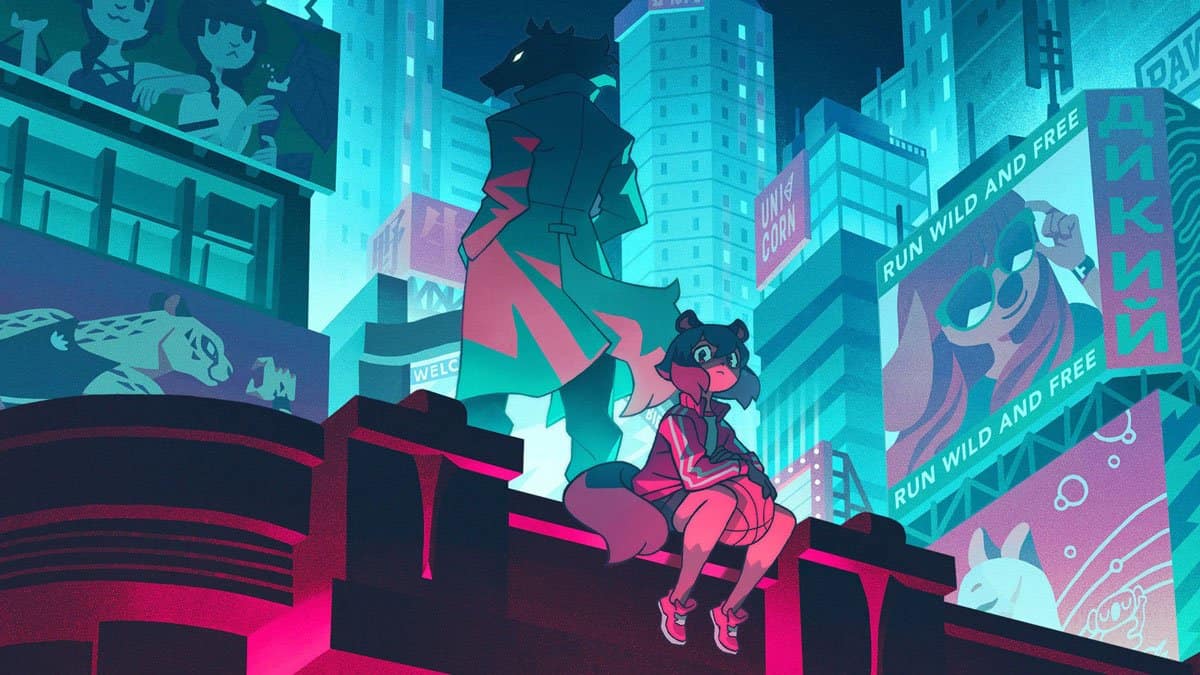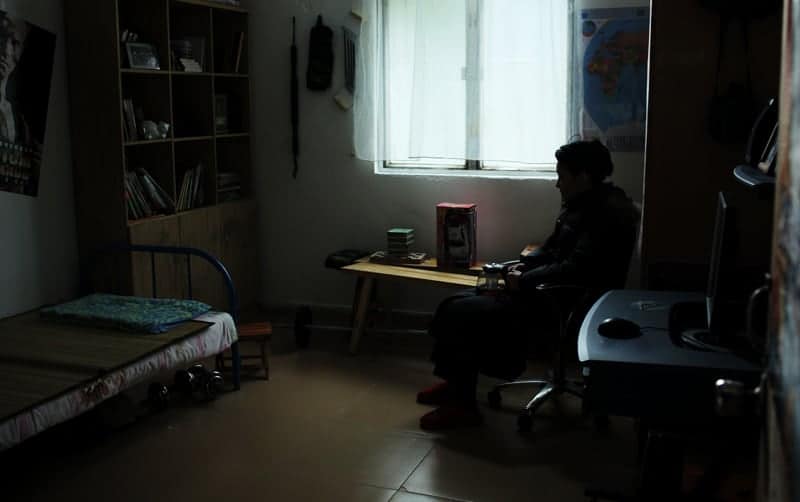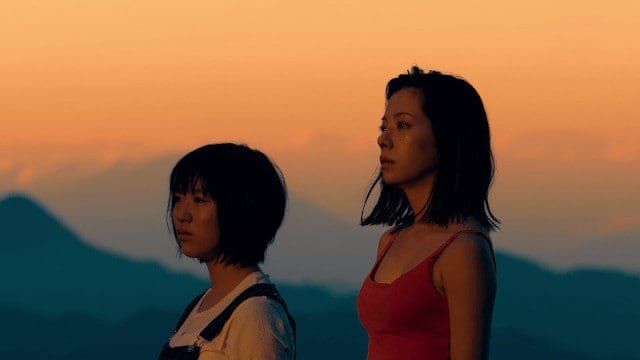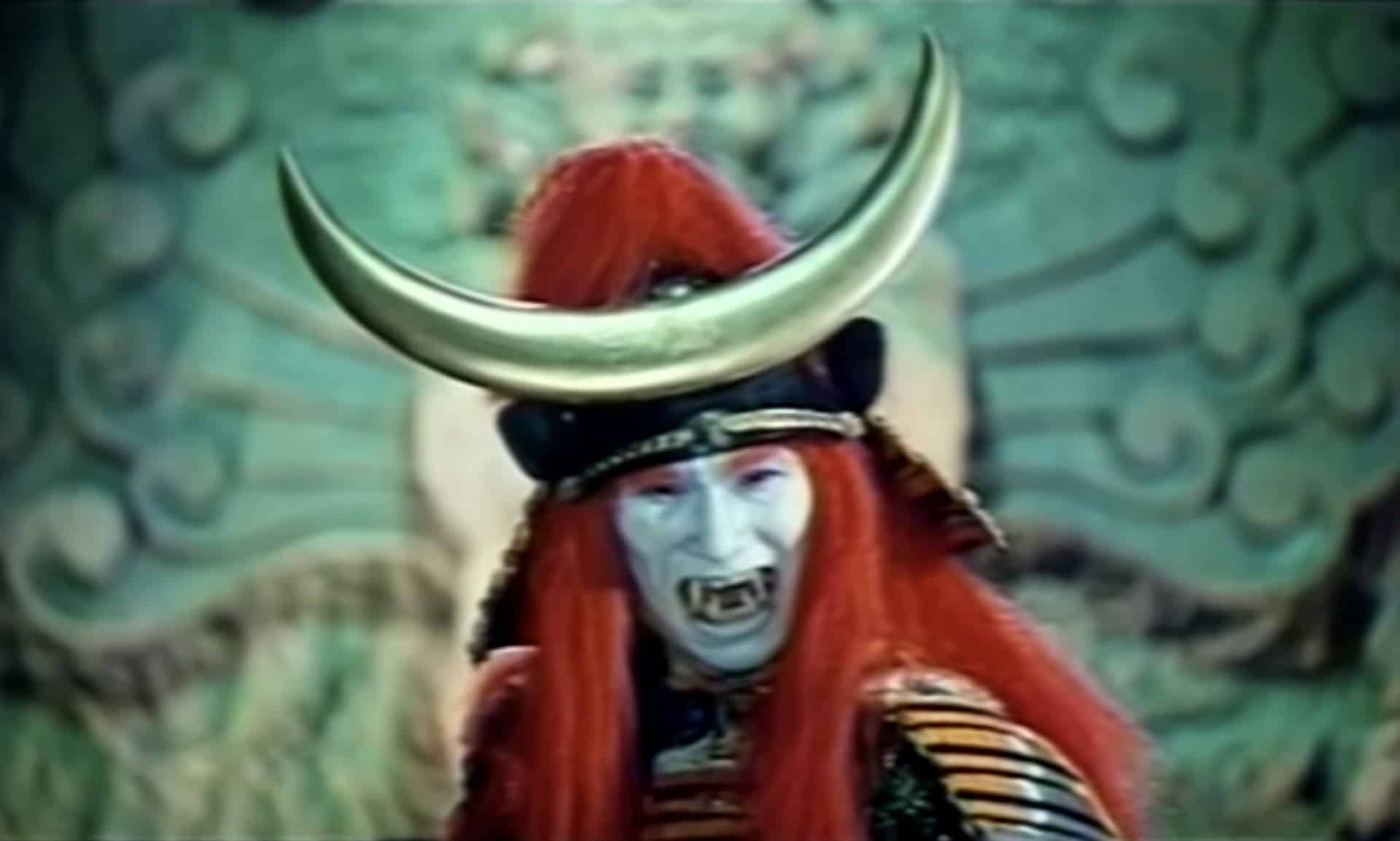“These ghosts have no manners.”
There seems to be a common thread throughout the work of animated features from Asia, which connects them to either a culture's folklore or its roots. Of course, you might already think of several features from Studio Ghibli, which, besides their focus on ecological and social issues, seem to be founded on Japanese folk tales and spiritualism. Given the aforementioned thematic features of films such as “My Neighbor Totoro” or “Ponyo”, one can easily observe the dichotomy of rural Japan, the environment and the world of spirits. However, the issue is often far more elaborated than what meets the eye, since not only do these spaces clash with the often urban background of the film's protagonist, but also offer comfort and hope, any maybe a place of stability during a transitional period of their life.
“Grandma and Her Ghosts” is screening at Five Flavours Asian Film Festival

In general, many features of Taiwanese filmmaker Wang Shaudi might come to mind as well, but the situation of animated features in his home country is very different. In an interview with Kinema magazine, Shaudi explains how many companies such as Disney make parts of their movies in Taiwan, while at the same time only a handful of domestic animated features see the light of day. Additionally, making a film such as “Grandma and Her Ghosts”, nearly always comes with certain conditions when a project is financially backed by the government. In this specific case, the movie had to be made within a year, which according to Shaudi was similar to a “mission impossible”. However, as soon as artists and animators in his home country took notice of his efforts, and his talent, he found a team to support him and his project.
Because his father had an accident, Dou Dou's mother has to leave him with his grandmother in the country. The young boy, eager to spend the free time from school with his friends, is devastated to instead live with his weird grandmother for a while, who he has not seen for many years. Upon their first meeting after this long time, the old woman is equally irritated by the young boy, who spends most of his first days crying for his mother and wandering the house, making it nearly impossible for her to attend her work in the village community.
Since his grandmother is able to communicate with ghosts and other supernatural beings, the villagers call her whenever someone is about to reach the other side. She makes sure the soul has safe passage, and also protects the community from evil spirits. But as Dou Dou unknowingly helps to release one of those, he endangers the living and the spirits alike. Most importantly, he has put his grandmother in danger who he has grown fond of over time.

Perhaps one of the most interesting aspects of the film is the design of the spiritual world blending into our reality. Similar to “My Neighbor Totoro” and other titles, village life has accepted the spiritual world as part of their lives, even more so as an extension of theirs in order to live in harmony with it. Dou Dou grandmother, nicknamed Fish-Ball Grandma by others, is the common connector, making sure this balance is not harmed or in danger, keeping the evil spirits locked away in her closet like a female version of Bluebeard hiding the dark secrets of his own biography.
However, as these beings are part of rural life, their existence becomes one of the most fascinating aspects of the film. Especially as Dou Dou is an outsider to this community, believing in his mother's stories about “grandma's superstition”, the viewer experiences a look into this world from a child's perspective. Even though the nature of this world is strange and odd, the mind is flexible and curious enough to understand (and eventually accept) this part of reality. In the end, he even wants to help his grandma on her task of securing this part of their lives and their environment.
Additionally, the kind of drool style of animation supports the child's perspective the directors have chosen for their story. In this case, their protagonist is in many ways a deviation from the aforementioned films by Studio Ghibli, since Dou Dou is essentially a spoiled brat. In fact, his habit of yelling and whining his way to a majority of the film's running time will likely bring many viewers to the limits of their patience. Thankfully, his grandmother often expresses similar irritation as well as frustration with her grandchild, creating scenes of odd comedy and slapstick.

In the end, “Grandma and Her Ghosts” is a film about the place of spirituality in our world. Its themes of childhood, growing up and superstition may not be as deep as in many other features with the same topics, but its comedy will likely win over many viewers. Supported by Shih Jei-Young's beautiful score, “Grandma and Her Ghosts” is a story with many fascinating aspects, even though its main character will most likely annoy the hell out of people.
Sources:
1) Uhde, Jan (2002) Taiwanese Filmmakers Wang Shaudi and Huang Liming (interview)
www.kinema.uwaterloo.ca/article.php?id=136&feature, last accessed on: 11/16/2018
2) “Grandma and Her Ghosts” (review)
entoolkit.culture.tw/filminfo_62_343.html, last accessed on: 11/15/2018














